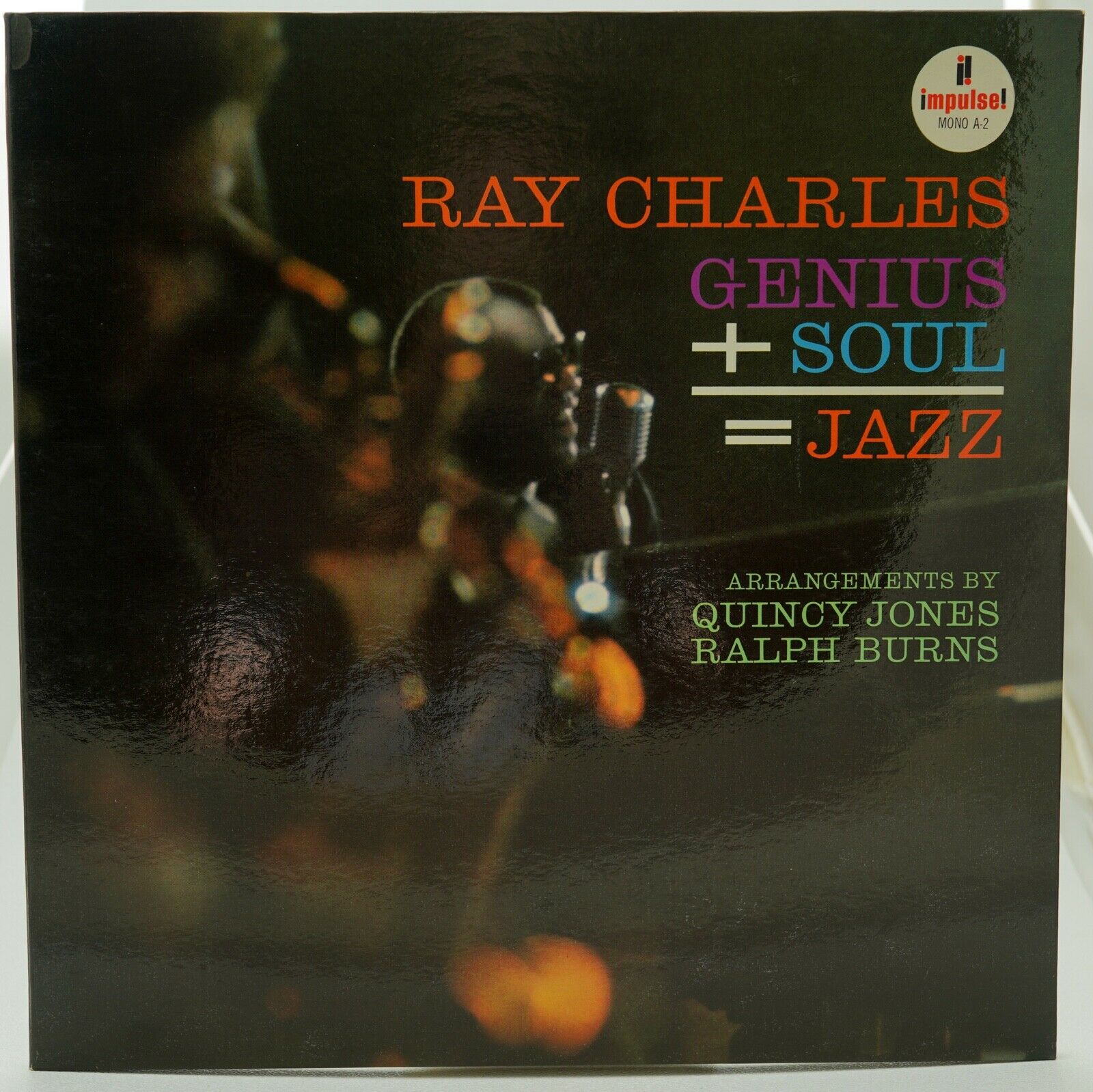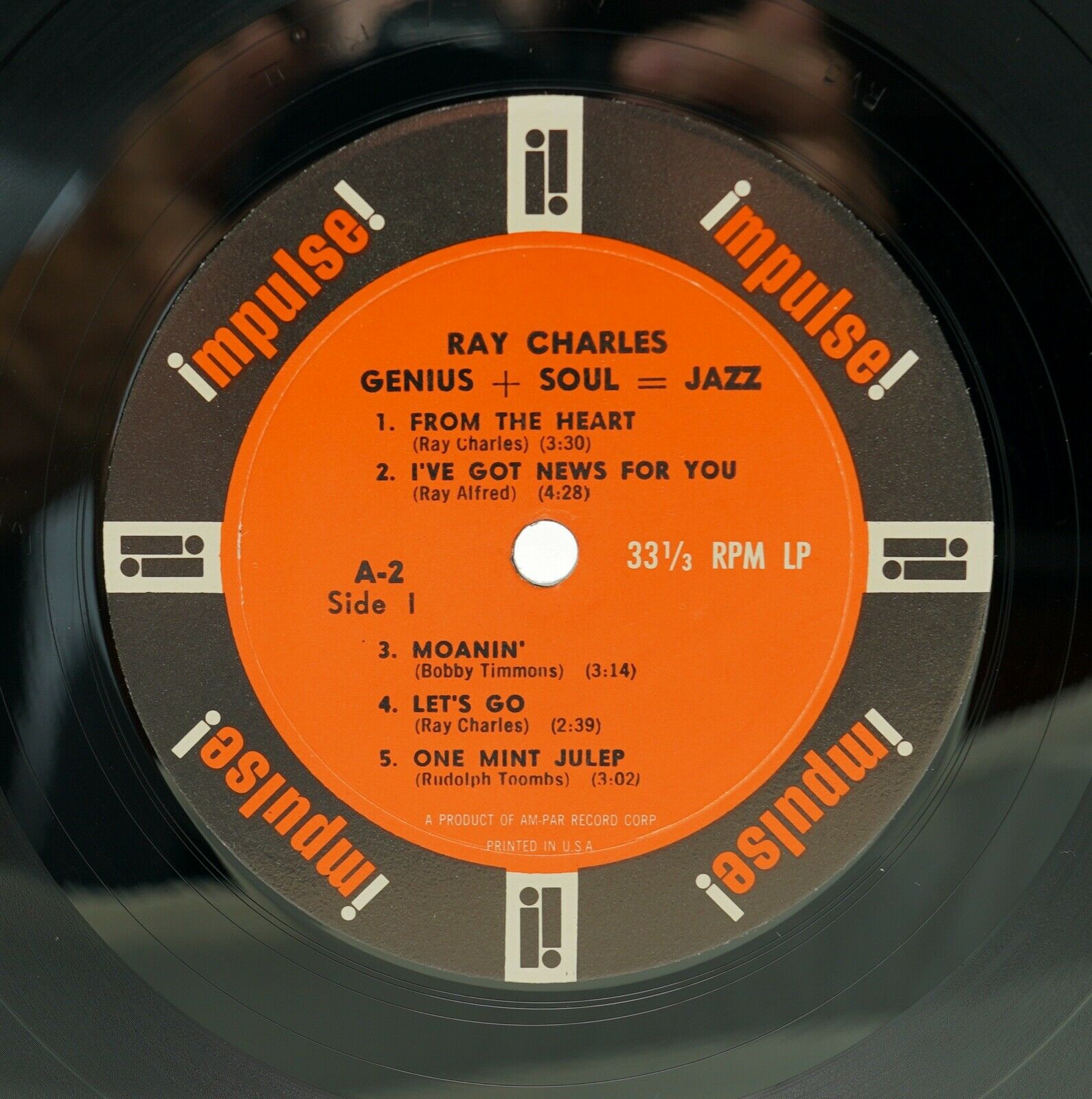When we talk about "the genius of soul," we’re diving into a world where music transcends mere sound and becomes an emotional journey. It’s like stepping into a space where every note carries a story, every lyric holds a lesson, and every melody touches the heart. The soul genre has been around for decades, yet its brilliance continues to shine brightly in today’s music scene. It’s not just music—it’s a cultural phenomenon that resonates with people from all walks of life.
Picture this: you’re sitting in a dimly lit room, the faint hum of a vinyl player in the background, and suddenly, a soulful voice fills the air. That’s the magic of soul music. It’s raw, it’s real, and it’s relatable. Whether you’re feeling the blues or celebrating life’s victories, soul music has got you covered. It’s like having a personal therapist who sings your pain away.
Now, let’s not forget the artists behind this musical marvel. From Aretha Franklin to Sam Cooke, these legends poured their hearts into every track. They weren’t just singing; they were storytelling, expressing emotions that many of us couldn’t put into words. And that, my friend, is what makes the genius of soul so captivating.
Read also:Titan Nathaniel Fiennestiffin The Rising Star Redefining Hollywood
What Exactly Is "The Genius of Soul"?
Let’s break it down. The genius of soul isn’t just about the music itself—it’s about the emotional connection it creates. Soul music originated in the African American community during the late 1950s and early 1960s. It was a time when people were searching for identity and expression, and soul music became the voice of a generation.
But what makes it so special? For starters, soul music combines elements of gospel, rhythm and blues, and jazz, creating a unique sound that’s both powerful and soothing. It’s like a musical cocktail that hits all the right notes. And let’s not forget the lyrics—so heartfelt and meaningful that they can make even the toughest person shed a tear.
Key Characteristics of Soul Music
So, what defines soul music? Here are some key characteristics that set it apart:
- Emotional Delivery: Soul singers pour their hearts out, making every performance a deeply personal experience.
- Gospel Influence: The roots of soul music lie in gospel, which explains its spiritual and uplifting nature.
- Rhythmic Complexity: Soul music often features intricate rhythms that keep you grooving.
- Powerful Lyrics: The lyrics are poetic, meaningful, and often tackle social issues or personal struggles.
These elements come together to create a genre that’s both timeless and universal. It’s no wonder soul music continues to inspire new generations of musicians and fans alike.
The Evolution of Soul Music
Like any great art form, soul music has evolved over the years. In the 1960s, it was all about Motown and Stax Records, with artists like Marvin Gaye and Otis Redding leading the charge. Then came the 1970s, where soul music merged with funk and disco, giving rise to artists like Stevie Wonder and The Jackson 5.
Fast forward to today, and you’ll find soul music influencing modern genres like R&B, hip-hop, and even pop. Artists like Adele, Bruno Mars, and Anderson .Paak are keeping the soul tradition alive while adding their own unique twist. It’s a testament to the enduring legacy of soul music that it continues to evolve and thrive in the modern music landscape.
Read also:How Did Evans Richardson Die Unveiling The Untold Story
Iconic Artists: The Faces Behind the Genius
No discussion about the genius of soul would be complete without mentioning the legendary artists who shaped the genre. Here’s a quick rundown of some of the most iconic soul musicians:
Aretha Franklin: The Queen of Soul
Known as the Queen of Soul, Aretha Franklin was a powerhouse vocalist whose voice could make even the strongest person weak in the knees. Her hits like "Respect" and "Natural Woman" became anthems for empowerment and equality.
Sam Cooke: The Man Who Invented Soul
Sam Cooke is often credited with creating the soul genre. His smooth voice and heartfelt lyrics set the standard for future soul artists. Songs like "A Change Is Gonna Come" remain relevant to this day, addressing issues of social justice and equality.
Ray Charles: The Genius of Gospel and Blues
Ray Charles was a pioneer who blended gospel, blues, and jazz to create a unique sound that became the foundation of soul music. His ability to convey emotion through his music was unmatched, and his influence can still be heard in modern soul music.
Biography of a Soul Legend
Let’s take a closer look at one of the most influential figures in soul music history: Aretha Franklin. Below is a brief biography and biodata of the Queen of Soul.
| Full Name | Aretha Louise Franklin |
|---|---|
| Date of Birth | March 25, 1942 |
| Place of Birth | Memphis, Tennessee, USA |
| Occupation | Singer, songwriter, pianist |
| Genre | Soul, R&B, gospel |
| Years Active | 1956–2018 |
Aretha Franklin was more than just a singer; she was a cultural icon whose music inspired millions. Her career spanned over six decades, during which she released countless hits and won 18 Grammy Awards. Her influence on soul music cannot be overstated, and her legacy continues to inspire new generations of artists.
The Impact of Soul Music on Society
Soul music has always been more than just entertainment. It has played a significant role in shaping society and addressing important social issues. During the Civil Rights Movement, soul music became a powerful tool for advocating equality and justice. Songs like "A Change Is Gonna Come" by Sam Cooke and "Respect" by Aretha Franklin became anthems for change, giving voice to those who were marginalized.
Even today, soul music continues to address relevant issues such as racial inequality, gender equality, and social justice. Its ability to connect with people on a deep emotional level makes it a powerful force for change.
The Business of Soul Music
While soul music is primarily about artistry, it’s also a lucrative business. The global soul music market is projected to grow significantly in the coming years, driven by increasing demand for live performances and digital streaming. Artists are finding new ways to monetize their music through platforms like Spotify, Apple Music, and YouTube.
Moreover, soul music has inspired countless merchandise and collaborations, from clothing lines to documentary films. It’s a testament to the genre’s enduring appeal and commercial viability.
Challenges Facing Modern Soul Artists
Despite its popularity, soul music faces several challenges in today’s music industry. One of the biggest challenges is staying relevant in a world dominated by pop and hip-hop. Many modern soul artists struggle to find their place in a market that prioritizes commercial success over artistic integrity.
Another challenge is the increasing use of technology in music production. While technology has made it easier to create and distribute music, it has also led to a loss of authenticity in some cases. Many purists argue that the soul of soul music is being lost in the pursuit of digital perfection.
How to Appreciate the Genius of Soul
If you’re new to soul music and want to dive deeper, here are a few tips to help you appreciate its genius:
- Start with the classics: Listen to legendary artists like Aretha Franklin, Sam Cooke, and Ray Charles to get a feel for the genre.
- Explore modern artists: Discover contemporary soul artists like Adele, Leon Bridges, and H.E.R. to see how the genre has evolved.
- Attend live performances: There’s nothing like experiencing soul music live. Check out concerts and festivals featuring soul artists.
- Learn the history: Understanding the origins and evolution of soul music will give you a deeper appreciation for its significance.
By immersing yourself in the world of soul music, you’ll gain a greater understanding of its genius and the impact it has on both individuals and society.
The Future of Soul Music
Looking ahead, the future of soul music looks bright. With new artists emerging and technology advancing, the genre is poised for continued growth and innovation. While challenges remain, the core essence of soul music—its emotional depth and authenticity—will ensure its survival for generations to come.
As we move forward, it’s important to support soul artists and preserve the legacy of this incredible genre. Whether through streaming services, live performances, or simply sharing your favorite tracks with friends, you can play a role in keeping the genius of soul alive.
Conclusion: Celebrating the Genius of Soul
In conclusion, the genius of soul lies in its ability to connect with people on a deeply emotional level. From its origins in the African American community to its global influence today, soul music has left an indelible mark on the world. Its power to inspire, uplift, and bring about change is unparalleled.
So, the next time you hear a soulful track, take a moment to appreciate the artistry and passion behind it. And don’t forget to share your love for soul music with others. Whether it’s through social media, word of mouth, or simply playing it loud and proud, you can help keep the genius of soul alive for years to come.
Table of Contents
- What Exactly Is "The Genius of Soul"?
- Key Characteristics of Soul Music
- The Evolution of Soul Music
- Iconic Artists: The Faces Behind the Genius
- Biography of a Soul Legend
- The Impact of Soul Music on Society
- The Business of Soul Music
- Challenges Facing Modern Soul Artists
- How to Appreciate the Genius of Soul
- The Future of Soul Music
That’s a wrap, folks! Thanks for joining me on this journey through the genius of soul. If you enjoyed this article, feel free to leave a comment or share it with your friends. Let’s keep the conversation going and celebrate the beauty of soul music together!


